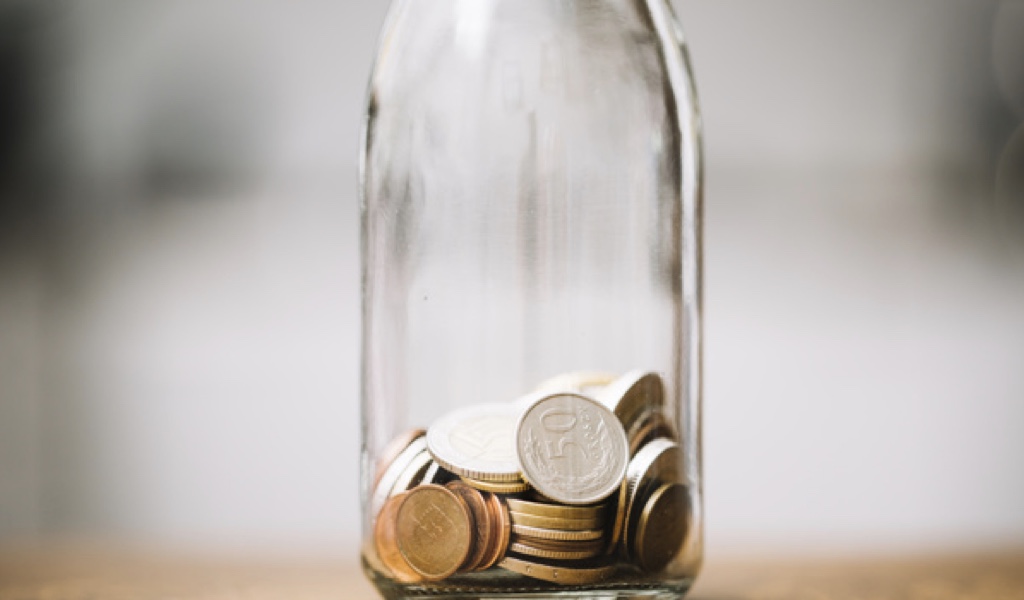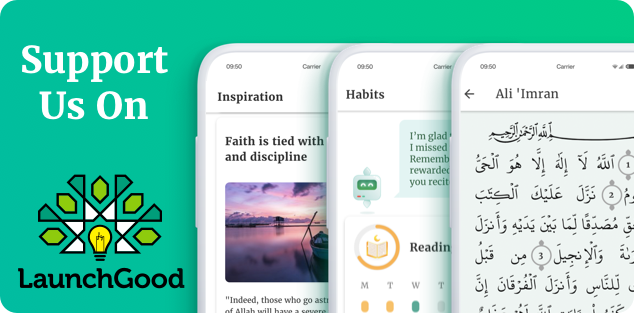** Medication that most medics don’t prescribe **
The famous scholar of Hadeeth, Al-Haakim An-Naysaaboori, has a well-known story about an illness that he battled against for months on end. His face was afflicted with blisters which he tried treating for around a year using a variety of techniques without avail.
On one Friday, he requested Imam Abu ‘Uthman As-Saabooni to make Du’aa for him during the sermon. He did just that and people engaged passionately in Du’aa for him.
The week after, a woman handed over a letter, mentioning that she was present during last week’s sermon and was heartbroken to hear about what happened to Al-Haakim. So, she returned home, made Du’aa for him, and saw the Prophet Mohammad (PBUH) in her dream that evening, who said to her:
قولوا لأبي عبد الله يوسِّع الماء على المسلمين
“Tell Al-Haakim to provide water for the Muslims.”
This letter was shown to Al-Haakim, and so at once, he dug a pool of water in his front garden, filled it with ice and dedicated it to the free usage of the public. The narration says:
فما مرَّت عليه أسبوع حتى ظهر الشفاء وزالت تلك القروح، وعاد وجهه إلى ما كان، وعاش بعد ذلك سنين
“It was only one week that passed before his blisters began to clear up. They totally disappeared, his face returned to how it was and he lived many years afterwards.”
This is a medicine that most medics don’t prescribe to the ill; charity.
Shaykh Ali Al-Faifi, author of the wonderful book “Because you are Allah” speaks of a friend of his who, as he was making his way to the Masjid, realized that the horrific had just happened; he’d accidently reversed his car into his two year old niece! He pulled her from beneath the tire and raced to the hospital as she dipped in and out of life. She was assessed and her family were told that her death was 80% likely.
A relative of theirs contacted a student of knowledge for some advice and solace, and he told him “sacrifice an animal and distribute its meat with the intention of her healing”. They did just that. He said: “By the time it was dawn, she was discharged from the hospital healthy and well.”
Imam Ibnul Qayyim said:
فــإن للـصدقة تأثـيرا عجـيبا فـي دفـع أنــواع البـلاء ولـو كـانت مـن فاجـر أو مـن ظالـم بـل مـن كافـر
“The effects of Sadaqa in repelling all types of calamities are extraordinary, even if its giver is a sinner, oppressor or even of no faith.”
Al-Munaawi said:
و قـد جـرب ذلك المـوفقون فوجـدوا اﻷدويـة الروحـانية تفـعل مـا ﻻ تفعلـه اﻷدويـة الحـسية ولا ينكر ذلك إلا من كثف حجابه
“This has been tried by the blessed ones, and they found that such spiritual remedies can do what tangible remedies fail to, and none rejects this except those who’ve been severely covered from understanding.”
Charity repels calamities, eases pains, diverts misery, and yields an inner sense of expanse that cannot be quantified.
Are you challenged in your health in any way? Set aside a sum of money for a charitable cause with this intention in mind, and what better month to start training for life-long charity than Ramadan?
Ibnu ‘Abbas said:
“The Messenger of Allah PBUH was the most generous of people, and he was most generous in Ramadan”
(Bukhari and Muslim)
Subscribe for Updates
Original content used with permission from:






